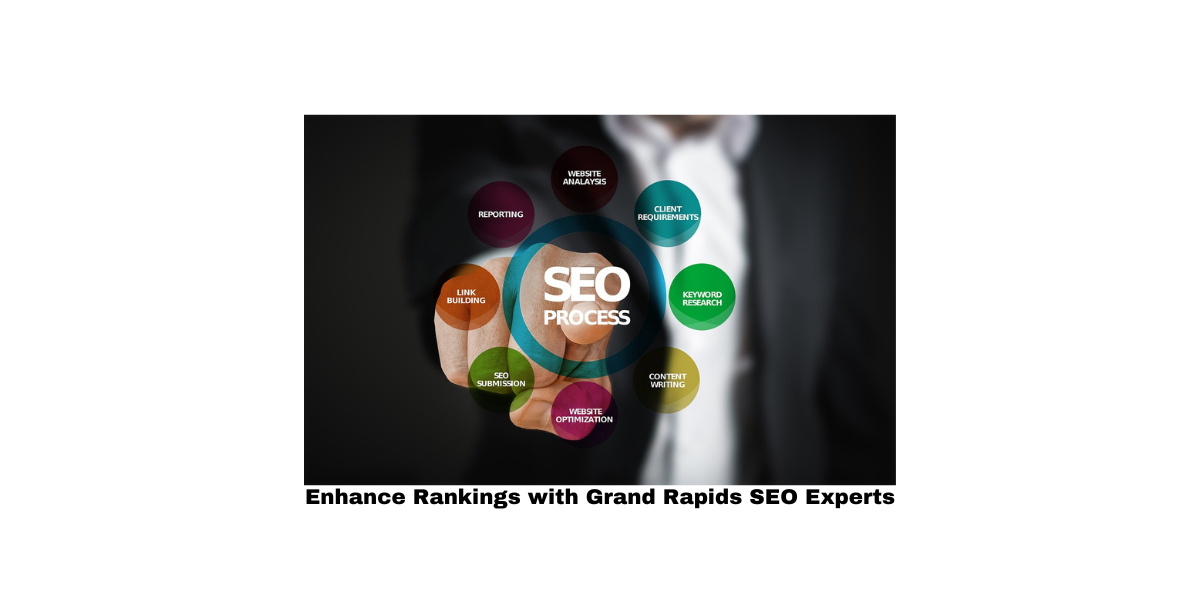Law Firm SEO refers to the process of optimizing a law firm’s website to rank higher in search engine results pages (SERPs). This leads to increased visibility, traffic, and potential clients for the law firm. In this section, we will discuss the importance of Law Firm marketing through attorney SEO and how it differs from other industries.
Understanding Your Audience
To effectively optimize a law firm’s website, it is important to understand your audience. This includes targeting your audience, defining your ideal client, mapping the customer journey, and creating buyer personas. By understanding your audience, you can create content that is tailored to their needs and preferences, ultimately leading to better engagement and conversions.
Keyword Research
Keyword research is the process of identifying relevant keywords that potential clients are searching for online. This includes competitor analysis, identifying long-tail vs. short-tail keywords, and localized keywords. By using relevant keywords throughout your website, you can increase your chances of appearing in relevant search results and attracting potential clients.
On-Page SEO
On-page SEO refers to optimizing the content and structure of your law firm’s website to improve its ranking in search engines. This includes optimizing page titles and meta descriptions, using header tags and structuring content, internal linking, image optimization, and ensuring your law firm website design is mobile-friendly and has fast load times.
Off-Page SEO
Off-page SEO refers to strategies that can be used outside of your lawyer website design to improve its ranking in search engines. This includes building high-quality backlinks, guest blogging and outreach, social media presence, and local directories and citations. By building a strong online presence, you can increase the visibility and credibility of your law firm.
Content Creation
Creating high-quality and relevant content is key to effective Lawyer SEO. This includes utilizing different types of content such as blog posts, videos, and infographics, and integrating relevant keywords throughout your content. Consistency is also important, as regular updates and fresh content can help improve your website’s ranking in search engines.
Analytics and Reporting
Analytics tools such as Google Analytics can provide valuable insights into the performance of your law firm’s website. This includes measuring success and ROI, tracking and analyzing traffic, and understanding user behavior on your website. By regularly monitoring and analyzing these metrics, you can make data-driven decisions to improve your legal SEO strategy.
Technical SEO
Technical SEO refers to the technical aspects of your law firm’s website that can impact its ranking in search engines. This includes site architecture and navigation, URL structure, schema markup, and ensuring your attorney website design has HTTPS and is secure. By addressing these technical aspects, you can improve your website’s visibility and ranking in search engine results.
Common SEO
Mistakes to Avoid There are several common mistakes that law firms should avoid when implementing their SEO strategy. This includes keyword stuffing, duplicate content, thin content, ignoring mobile optimization, and overlooking local SEO. By avoiding these mistakes, you can ensure your Law Firm SEO strategy is effective and leads to increased visibility and potential clients.
Conclusion
In conclusion, Law Firm SEO is an important aspect of digital marketing for law firms. By understanding your audience, conducting effective keyword research, optimizing your legal website design and content, and regularly monitoring and analyzing performance metrics, you can improve your website’s ranking in search engines and attract potential clients. It is important to avoid common SEO mistakes and stay up to date with the latest SEO trends and best practices to ensure your Law Firm SEO strategy is effective and future-proof.
FAQs
1. How long does it take to see results from SEO?
The time frame for seeing results from SEO varies depending on factors like website age, competition, and level of optimization. Generally, it can take 3-6 months to see improvements and up to a year or more to see significant results.
2. Can SEO work for all law firms?
Yes, SEO can work for all law firms regardless of size, location, or practice area. However, the strategy and approach may differ based on the specific needs and goals of the law firm.
3. What is the cost of Law Firm SEO services?
The cost of law firm SEO services varies depending on the agency or provider, level of service, and scope of work. Some agencies may charge a monthly retainer fee, while others may charge a flat fee or offer customized pricing based on the client’s needs.
4. How important is local SEO for law firms?
Local SEO is crucial for law firms as it helps them appear in search results for relevant local queries. Optimizing for local search can help drive traffic to the website, increase visibility, and attract potential clients in the local area.
5. What is the difference between organic and paid search results?
Organic search results are listings that appear in search engine results pages (SERPs) based on their relevance to the search query. Paid search results, on the other hand, are advertisements that appear at the top of the SERPs and are paid for by businesses.
6. What are some common misconceptions about Law Firm SEO?
Some common misconceptions about law firm SEO include thinking that it’s a one-time process, that it’s only about ranking for a few high-volume keywords, or that it’s a quick and easy way to get more clients.
7. Can a law firm do SEO on their own, or is it necessary to hire an agency?
A law firm can do SEO on their own, but it requires a significant investment of time, effort, and expertise. Hiring an agency with experience in law firm SEO can save time and ensure a more effective strategy.
8. How can a law firm measure the success of their SEO efforts?
A law firm can measure the success of their SEO efforts through metrics such as organic traffic, keyword rankings, bounce rates, conversion rates, and ROI. Analytics tools like Google Analytics can help track and analyze these metrics.
9. What are some ethical considerations when it comes to Law Firm SEO?
Some ethical considerations for law firm SEO include avoiding spammy tactics like keyword stuffing and link schemes, accurately representing the firm’s services and qualifications, and complying with legal and ethical standards.
10. How can a law firm stay up to date with the latest SEO trends and best practices?
A law firm can stay up to date with the latest SEO trends and best practices by following industry blogs and publications, attending conferences and webinars, and partnering with an agency that prioritizes ongoing education and training for their team.








